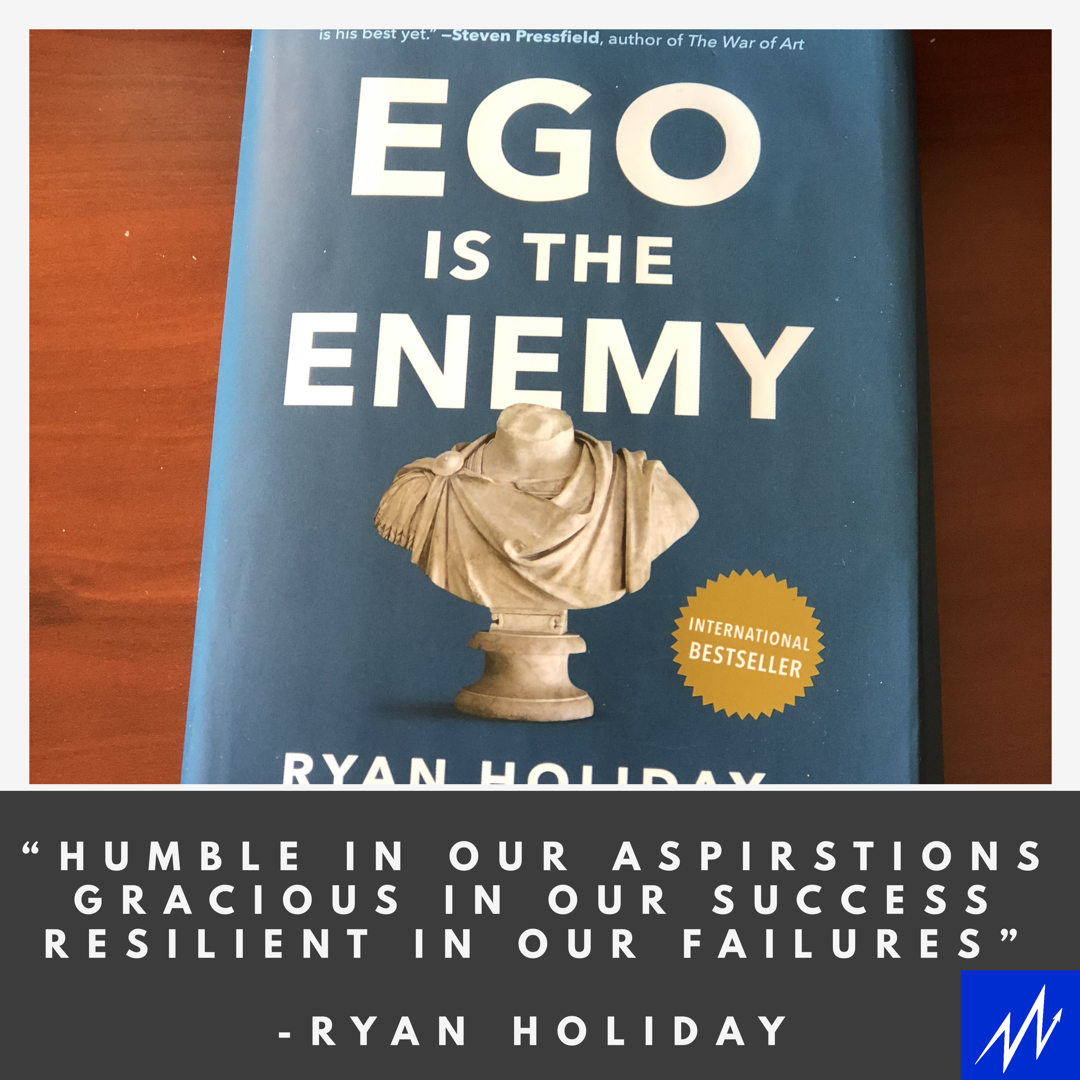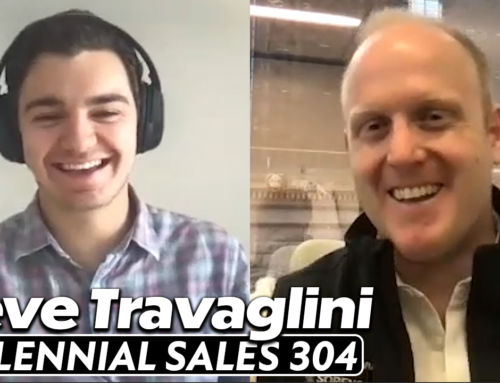Podcast: Play in new window | Download (Duration: 25:29 — 23.3MB)
Subscribe: Apple Podcasts | Spotify | RSS | More
Talent, ambitiousness, internal drive, potential and a chip on your shoulder. These qualities have helped to shape the world we live in today. Behind every great invention, idea, man or woman, likely lies some of these traits.
Fortunately, people have said you share some of these qualities, haven’t they? That you have a natural talent for drawing. You’re the young gun that everyone talks about at the water cooler or the ambitious, hard worker that has achieved impressive accolades. You’re Tiger Woods winning the 1997 Masters and taking the world by storm.
Greed, gluttony, cockiness, and ego. Equally, these traits have shaped the world we live in today and have torn down amazing inventions, businesses, men, and women.
Unfortunately for you, the abilities that you harbor mentioned above open themselves up to a destructive ego. That confidence that helps you to conquer obstacles can just as easily transform to the cockiness that leads to your demise. Pretty soon, you’re the 2009 Tiger Woods, internationally known for a cheating scandal with his wife and have become a battered man.
The Greek have a word, euthymia, that describes the process of staying on our path without looking at distractions. You know what that feels like – you’re up early, you’re working out, feeling good, in a rhythm. Equally, you know how easy it is to get sucked into the distractions – bingeing social media, cheat “days” that turn into weeks, and pure laziness.
Believing that we are on a path to success and fearing the distraction of ego, where do we turn?
Ryan Holiday’s book, The Ego Is The Enemy, breaks this process down. Holiday defines ego, reveals its causes and how he and other historical figures have successfully and unsuccessfully defeated their ego. Holiday also breaks down the ego into the three times of our lives (hint: always) that we are likely to come across it. As he puts it, the goal is to be “humble in our aspirations, gracious in our success, resilient in our failures.” Let’s explore.
Aspire
“You can’t build a reputation on what you’re going to do.” – Henry Ford
Be humble in our aspirations – but how? As they say, success leaves clues.
After graduating from Wesleyan University, a young man joined the Baltimore Colts as an Assistant Football Coach, making $25 per week. His strategy was simple: learn as much as he could and do the work that nobody wanted to do, in order to add value. In the football world, this means analyzing film. Lots and lots of film. He would do session after session of watching film, arriving before others and leaving much later.
After a while, not only did his work ethic garner respect, but it also improved his skill set enough to earn more money and be given additional responsibilities. Funny how we can benefit when we spend less time talking and more time doing.
After countless film sessions, setbacks and four decades later, he became the most successful coach in the history of football – and possibly all of sports. His name is Bill Belichick.
In short, say less, do more. Holiday argues that greatness comes from the grunt work that Belichick was willing to do, that may have been “below” his peers. Greatness means “you’re the least important person in the room – until you change that with results.”
Success
“Every man I meet is my master in some point, and in that I learn of him.” – Ralph Waldo Emerson
Be gracious in our success – easier said than done, right?
There is a term in Zen Buddhism called “shoshin”, which means “beginner’s mind.” It refers to having the open-mindedness when studying or working on a subject, regardless of the level of mastery you have attained.
Holiday cites Genghis Khan as a prime example of this. Though Khan is seen by many as a barbarian, bloodthirsty warrior, Holiday cites that his leadership success came through his ability to be a perpetual student, of someone who lived by “shoshin”. One biographer describes Khan’s success as a “persistent cycle of pragmatic learning, experimental adaptation, and constant revision driven by his uniquely disciplined and focused will.”
The flutist that, despite her success at the latest symphony, trains for hours every day. The entrepreneur that asks his customers and employees how he can be better. The tennis star that celebrates her recent tournament win, not with a week of partying, but with a grueling training session of cross-court backhands. These are all examples of “shoshin”. Are you practicing it?
Failure
“See much, study much, suffer much.” – Celtic saying
Be resilient in our failures – but how?
Through 110+ episodes of my podcast interviewing some of the most inspirational people on the planet, I’ve begun to see that some people view failure differently. Specifically, people that have reached massive success – however you may define that – view failure differently.
They get an unusual sense of pride in each failure. Their first failed business, the race they couldn’t finish, the letter of bankruptcy that’s hanging in their office – some of which possibly could have been avoided without ego. They love reminiscing about these moments. They wear them like a badge of honor and, like a proud parent, seem to relish the opportunity to talk about it.
Joe Rogan frequently gives advice to “be the hero of your own story.” This is what I’d implore you (and me!) to do here. Would the hero in your story get cocky too early? Would they get complacent after their first success? Would they throw in the towel at the first sight of blood?
No, they would follow Holiday’s early advice:
“Humble in our aspirations, gracious in our success, resilient in our failures.”
How has (or currently is) ego slowed you down? Let me know your story in the comments.
Listen Here:
iTunes
Google Play
Stitcher
Sign up for the weekly Millennial Momentum Newsletter. No BS, All hustle



